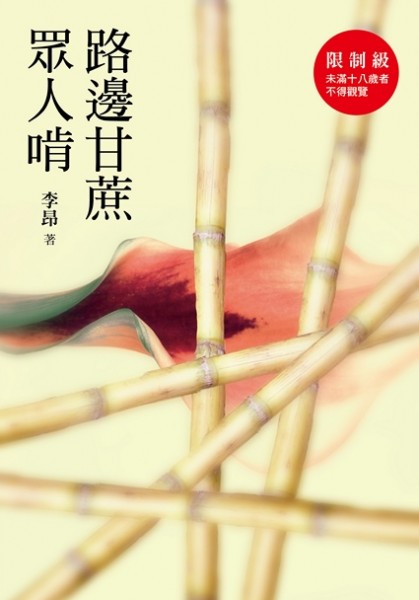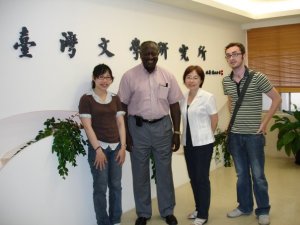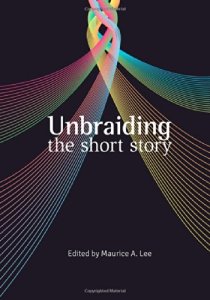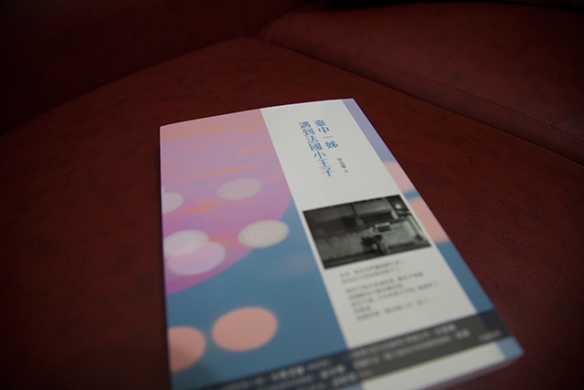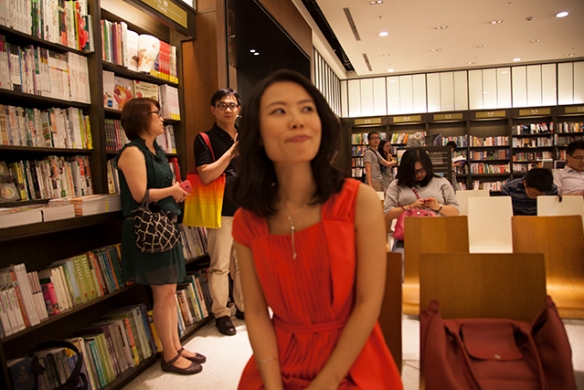
He was a con man.
He felt like a cotton-bound paper lantern, panicking that he would be seen through at any moment, giving off, as he was, a glow of affability and affection from every pore, both tantalizing and haughty. After he’d finished a con, he gave his arrogance even freer reign, but he wasn’t normally able to trust his feelings to others. They were his private hoard, a secret love affair, delectable, but not to be shared out loud. Sometimes he felt so stifled that it was as if his insides would rip open in a roar, but then he would use a soothing motherly tone to subdue his organs, bursting as they were with pride-fed excitement, saying, Be good now, I know… but you can’t tell anyone! You can’t tell anyone! You should all be quite aware of that now, shouldn’t you!
The jubilation was like an infant wailing for its mother’s breast, making him feel like a helpless new mother cradling it closer to his chest, rocking it and saying, Don’t cry, don’t cry, come on! Let’s go for a walk to the riverside and see the rainbow. On the street he would be even more cautious, not allowing his arms to fall from his body for even an instant, for fear that the infant inside him would start to wail. Try though he might to contain himself, he wasn’t able to disguise an appearance of self-satisfied mirth and haughtiness, in the drab blur of the crowds, especially with his lantern-like translucent splendor.
His organs would be soothed by the sight of the rainbow and enter into the heavy slumber of sated beasts. However, sometimes the joy he felt was so strong, it would wake him up at night and he would break his taboo by spilling all to his beloved stuffed goose. Like tonight… he couldn’t get images of A out of his head, flowing like restless spirits struggling to emerge from within him, scattered over the countless past months, like colored flags which circle happily in the wind over time, illuminating the lantern case which shrouded him to such an extent that it was as if he would burst into flame any minute.
On nights like this he was left with no other option but to tell the story of A at length to the attentive-looking stuffed goose.
I Lie Because I Love You
Continue reading

